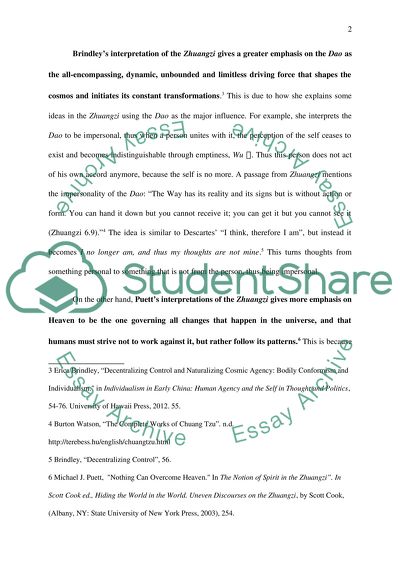Cite this document
(“Disagreements on the Interpretations of the Zhuangzi Essay”, n.d.)
Disagreements on the Interpretations of the Zhuangzi Essay. Retrieved from https://studentshare.org/philosophy/1492348-zhuangzi
Disagreements on the Interpretations of the Zhuangzi Essay. Retrieved from https://studentshare.org/philosophy/1492348-zhuangzi
(Disagreements on the Interpretations of the Zhuangzi Essay)
Disagreements on the Interpretations of the Zhuangzi Essay. https://studentshare.org/philosophy/1492348-zhuangzi.
Disagreements on the Interpretations of the Zhuangzi Essay. https://studentshare.org/philosophy/1492348-zhuangzi.
“Disagreements on the Interpretations of the Zhuangzi Essay”, n.d. https://studentshare.org/philosophy/1492348-zhuangzi.


